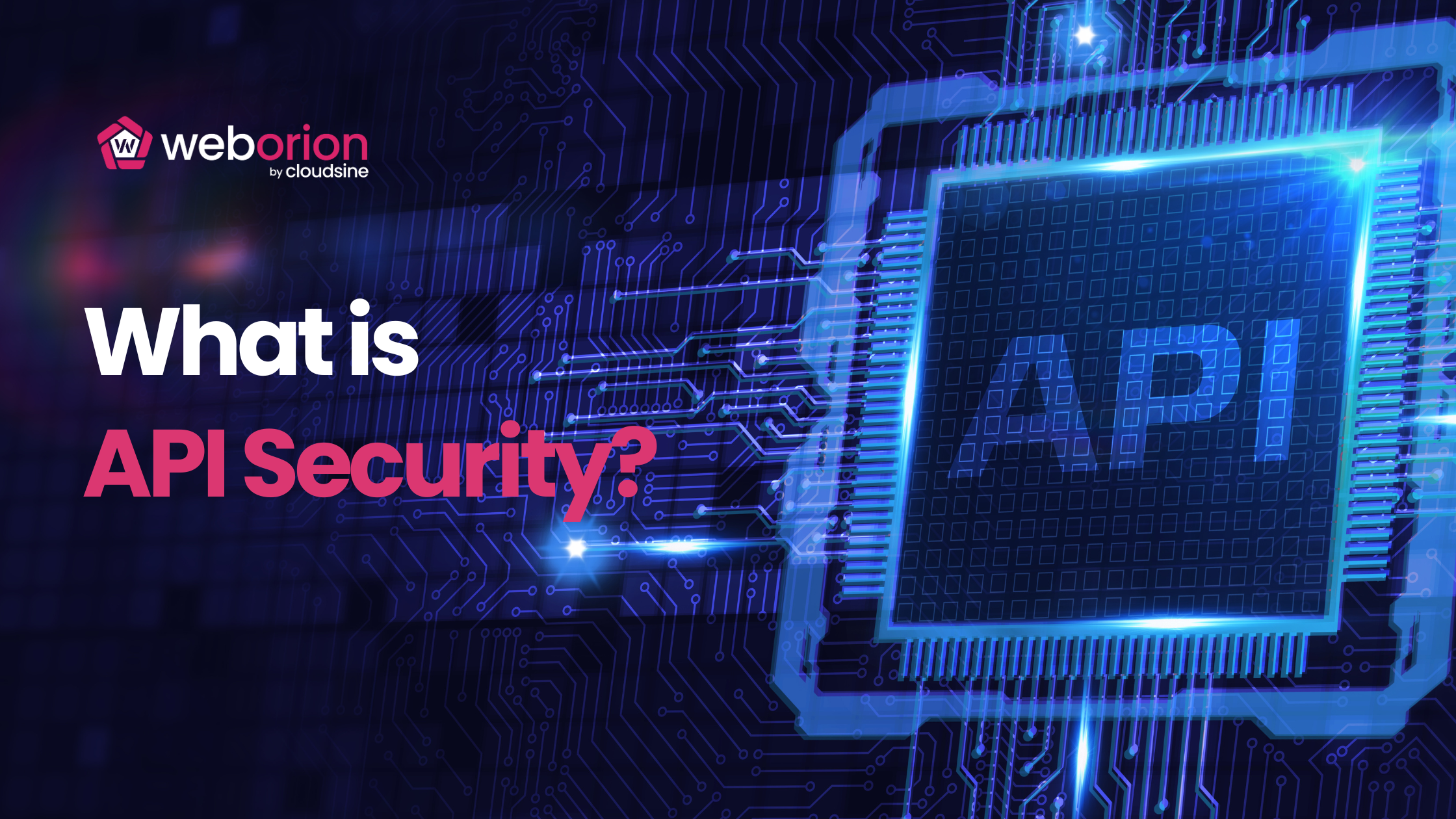With the rise of businesses utilising APIs or Application Programming Interfaces for transferring data, APIs have become prime targets for cyberattackers. Just like any door to your house, APIs need strong security measures to function safely.
API security is the practice of safeguarding APIs from attacks, ensuring that the data transmitted through the API is protected.
APIs Explained
First, what exactly is an API? APIs are the hidden messengers that power many of our online experiences. They enable seamless communication and data exchange between different programs, ensuring everything runs smoothly behind the scenes.
Here’s a real-life example to better understand how an API works: a weather app requests current weather data from a weather service API for a specific location. The API then responds with the temperature, humidity, and conditions like “sunny” or “rainy” in a structured format. The app then displays this data to the user in real-time.
Source: Apigee
APIs have become the invisible workhorses of the digital world. They act as intermediaries, allowing different applications to communicate and exchange data seamlessly. These interactions power a vast array of services we use daily, from online banking and social media to e-commerce and travel booking platforms.
With how critical APIs are for businesses, what happens if APIs are compromised?
The Importance of API Security
Unsecured APIs can expose sensitive data, disrupt app functionality, and even lead to service outages. Robust API security safeguards these vital connections, protecting your data and ensuring a reliable user experience
Here’s why API security is no longer an option, but a necessity:
Protecting Valuable Data: Many APIs handle sensitive information, including login credentials, financial details, and personal data. A breach in API security can expose this sensitive data to unauthorised individuals, leading to identity theft, financial losses, and reputational damage for businesses.
Maintaining Business Continuity: APIs play a critical role in ensuring applications function smoothly. If an API is compromised, it can disrupt communication between different parts of an application, leading to service outages and lost revenue.
The Expanding Attack Surface: The rising popularity of APIs has created a larger attack surface for malicious actors. With more APIs being developed and deployed, there are more potential entry points for attackers to exploit if security measures are weak.
Common API Security Risks
With the goal of creating awareness of common API security weaknesses especially amongst those involved in API development, OWASP first published the OWASP API Security Top 10 in 2019. They have since released an updated version.
Here are the OWASP Top 10 API Security Risks in 2023:
API1:2023 – Broken Object Level Authorisation
API2:2023 – Broken Authentication
API3:2023 – Broken Object Property Level Authorisation
API4:2023 – Unrestricted Resource Consumption
API5:2023 – Broken Function Level Authorisation
API6:2023 – Unrestricted Access to Sensitive Business Flows
API7:2023 – Server Side Request Forgery
API8:2023 – Security Misconfiguration
API9:2023 – Improper Inventory Management
API10:2023 – Unsafe Consumption of APIs
Best Practices for API Security
Fortunately, there are a number of effective solutions and best practices you can implement to safeguard your APIs and prevent security breaches.
Here are some key strategies to consider:
Implement Strong Authentication & Authorisation: The first line of defence for any API is robust authentication and authorisation mechanisms. Multi-factor authentication adds an extra layer of security compared to simple passwords. Additionally, implementing role-based access control ensures users only have the permissions they need to perform their designated tasks.
Data Encryption: Encrypting data at rest and in transit is crucial for API security. This ensures that even if attackers manage to intercept data, they won’t be able to decrypt and access the sensitive information it contains.
Secure APIs: Deploy tools to protect your APIs from threats such as the OWASP Top 10 API Security Risks. This includes monitoring APIs 24/7 to detect and respond to threats.
API Penetration Testing: Regular penetration testing specifically designed for APIs is essential. These tests simulate real-world attack scenarios to identify vulnerabilities in your APIs before malicious actors can exploit them.
Security Awareness & Training: Equipping developers and IT personnel with the knowledge and skills to implement API security best practices is vital. Regular security awareness training can help raise awareness of potential threats and promote a culture of security within your organisation.
Conclusion
In today’s interconnected world, APIs play a critical role in powering countless applications and online services. However, these essential communication channels are also vulnerable to attacks if not properly secured.
Robust API security safeguards sensitive data, ensures application functionality, and builds trust with users. By prioritising API security and implementing the solutions outlined above, you can significantly reduce the risk of attacks and protect your valuable assets.
Contact us today to learn more about how we can help you safeguard your APIs.

